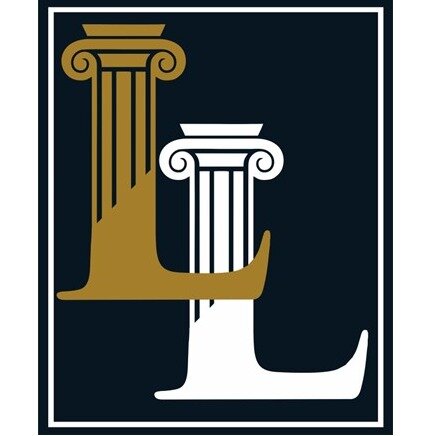Best Constitutional Law Lawyers in Manila
Share your needs with us, get contacted by law firms.
Free. Takes 2 min.
List of the best lawyers in Manila, Philippines
About Constitutional Law in Manila, Philippines:
Constitutional Law in Manila, Philippines refers to the body of law that governs the interpretation and application of the Philippine Constitution. It sets out the framework for the government, defines the rights and duties of citizens, and establishes the relationship between the government and the people.
Why You May Need a Lawyer:
You may need a lawyer in Constitutional Law in Manila, Philippines if you are facing issues related to constitutional rights, government actions, or constitutional interpretation. Common situations where legal help may be necessary include disputes over freedoms of speech, religion, or assembly, challenges to government actions, or questions regarding the constitutionality of laws or policies.
Local Laws Overview:
In Manila, Philippines, Constitutional Law is primarily governed by the 1987 Constitution, which outlines the structure of government, the rights of individuals, and the duties of public officials. Key aspects of local laws that are particularly relevant to Constitutional Law include the Bill of Rights, the separation of powers, judicial review, and the protection of fundamental freedoms.
Frequently Asked Questions:
1. What is the role of the Supreme Court in Constitutional Law?
The Supreme Court in Manila, Philippines serves as the final arbiter of constitutional disputes and has the authority to interpret the Constitution and declare laws unconstitutional.
2. Can the Constitution be amended?
Yes, the Constitution can be amended through a specific process outlined in Article XVII of the 1987 Constitution.
3. What are fundamental rights in the Philippines Constitution?
Fundamental rights in the Philippines Constitution include the right to due process, freedom of speech, freedom of religion, and the right to privacy.
4. What is the principle of judicial review?
Judicial review is the power of the courts to review and invalidate laws or government actions that are inconsistent with the Constitution.
5. Can the President be impeached under the Constitution?
Yes, the President can be impeached for violations of the Constitution, treason, bribery, graft and corruption, other high crimes, or betrayal of public trust.
6. What are the limitations on freedom of speech?
Freedom of speech in the Philippines is not an absolute right and can be restricted to protect national security, public order, public health, or morals.
7. What is the concept of checks and balances?
Checks and balances is the system of government in which each branch has the power to limit the actions of the other branches to prevent any one branch from becoming too powerful.
8. What is the writ of habeas corpus?
The writ of habeas corpus is a legal action that requires a person detained by the government to be brought before a court or judge to determine the legality of the detention.
9. How are constitutional disputes resolved in the Philippines?
Constitutional disputes in the Philippines are typically resolved through the legal process, including litigation in the courts or resolution by the Supreme Court.
10. What is the significance of the Bill of Rights in the Constitution?
The Bill of Rights in the Constitution protects the fundamental rights and freedoms of individuals from government interference and ensures equal protection under the law.
Additional Resources:
For further information and resources on Constitutional Law in Manila, Philippines, you can contact the Integrated Bar of the Philippines, the Supreme Court of the Philippines, or consult legal practitioners specializing in Constitutional Law.
Next Steps:
If you need legal assistance in Constitutional Law in Manila, Philippines, it is recommended to seek the advice of a qualified lawyer who can provide you with expert guidance and representation in matters related to constitutional rights, government actions, and constitutional interpretation.
Lawzana helps you find the best lawyers and law firms in Manila through a curated and pre-screened list of qualified legal professionals. Our platform offers rankings and detailed profiles of attorneys and law firms, allowing you to compare based on practice areas, including Constitutional Law, experience, and client feedback.
Each profile includes a description of the firm's areas of practice, client reviews, team members and partners, year of establishment, spoken languages, office locations, contact information, social media presence, and any published articles or resources. Most firms on our platform speak English and are experienced in both local and international legal matters.
Get a quote from top-rated law firms in Manila, Philippines — quickly, securely, and without unnecessary hassle.
Disclaimer:
The information provided on this page is for general informational purposes only and does not constitute legal advice. While we strive to ensure the accuracy and relevance of the content, legal information may change over time, and interpretations of the law can vary. You should always consult with a qualified legal professional for advice specific to your situation.
We disclaim all liability for actions taken or not taken based on the content of this page. If you believe any information is incorrect or outdated, please contact us, and we will review and update it where appropriate.











